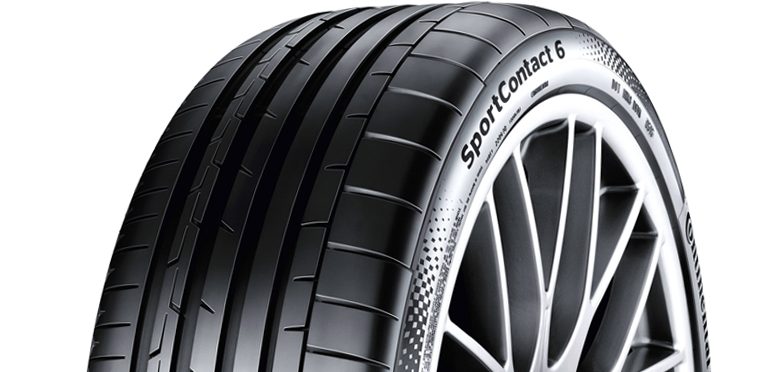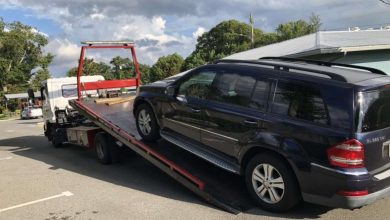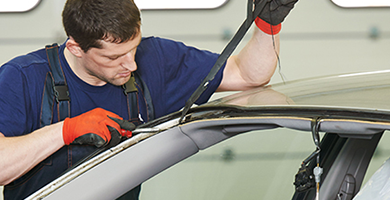How to Choose Summer Tires

The market for summer tires is huge, and it is often difficult for even an experienced car owner to decide which summer tires to choose. Simple tips from experts that will simplify the procedure for buying wheels and reveal to the beginner some of the intricacies of choice.
Tip 1. Decide on the tire size.
It is important not to confuse with the size of the tires, as the wrong tire size will make it impossible to further use them. Where to find the size: read the marking on the wheel, look in the catalog for selecting tires for cars, and look at the driver’s door plate.
Tip 2. We choose the right purpose for the rubber.
There is no ideal tire that is quiet, economical, with excellent handling, low aquaplaning and wear resistance. All tires for passenger cars can be conditionally divided into several types: sports premium comfort eco budgetary Sports tires are characterized by a rigid rubber compound, high speed indexes ZR, Y (270 km/h), W (300 km/h).
Tip 3: Analyze tire tests. What summer tires are better to choose?
Tire tests are one of the main sources of information that will provide an answer, but you should not blindly trust all the recommendations. Firstly, look at several independent tests, and secondly, given the level of corruption in the post-Soviet countries, you should not rely on the objectivity of domestic tests, since their results (or part of them) can be sponsored by major market players.
Tip 4. Consider the popularity of the model among sellers.
Do not buy rare tires that are not systematically supplied to the country. Given the quality of our roads, there is a high probability of damage to the wheel. If the wheels are rare, then in the future you will probably not be able to buy 1-2 pieces. If necessary. Check the best summer tires or (летни гуми) at 24gumi
Tip 5. Pay attention to the load and speed indices.
The higher the speed index, the harder the composition of the rubber and its properties are directed towards sports, and a decrease in comfort. Although it is not uncommon for a certain size (low profile) all available options on the market to have only the highest Y and W speed ratings. The load index is important given the quality of our roads. A higher load index means less chance of bumps on the wheel, but not a guarantee of 100% wheel strength. XL and Reinforced tires can also be damaged if hit in a good hole, so this is just an additional percentage of durability.
Tip 6. Check the year of manufacture.
Recently, the date of production has become one of the main factors of choice. Often customers say: “I don’t care what kind of wheels; the main thing is that the year of production is fresh.” This is not always correct and exaggerated. Firstly, large tire manufacturers have a tire sales period of up to 5 years, and a service life of up to 3 years should be added to them.
Secondly, if you travel a lot in the summer, then the service life of summer tires will be short, so you can safely buy wheels 2-3 years ago. Plus, if you have a powerful heavy car (or SUV), according to statistics, the tire mileage is approximately 20-25 thousand km, which is not much. It is better to buy not the last year, but at the same time choose the best model.
Tip 7. Is it worth buying summer tires in winter to save money?
The rubber market is low-margin, so you should not expect that sellers will greatly lower prices for summer models in winter. Your savings can be 5-7% no more, and it is possible that fresh receipts may even be cheaper than last year’s balances.
Tip 8. Try to buy tires where they can be installed.
The percentage of defects in tires is quite small, but still possible. Wheel defects can only be detected during tire fitting, so buying wheels and immediately checking them, you can be calm in the future
Tip 9: Check your tire pressure.
Everything new shrinks during break-in, so check the pressure after 100-200 km. Proper pressure extends the life of your tires and saves you money.
Tip 10: An extended warranty can save you.
In Ukraine, an extended tire warranty is gaining popularity. Basically, it is provided either by manufacturers such as Nokian, Michelin, Bridgestone, or importers of certain brands or large retail chains. The essence of the extended warranty is as follows: the buyer can repair any damage for free during the year, or change the tire if repair is not possible.
This is very convenient given the quality of domestic roads. A logical question may arise, what is the catch and what is the interest of the store, to engage in free repairs and take risks. For a store, a guarantee is: – to increase customer loyalty and its reputation among similar stores – to make money on services.
Since the customer must install the wheels only in a certified center, some sellers may have a mandatory condition in the warranty that they balance the wheels every few months and have them checked in the center. – To earn on a guarantee. Often the cost of future repairs and warranties is already included in the price of the rubber. For some sellers, the warranty is a separate option, which is paid separately.
We hope our 10 tips will help you make the right choice.




